It doesn’t matter, really, how hard brands try to market their long-sleeved, tall-collared, semi-shiny zip-at-the-neck pullovers as activewear, meant for the brisk and rugged outdoor air of a hike or a jog or a long biking excursion. The same thing always happens.
On the webpage for Under Armour’s UA Tech ½ Zip Long Sleeve, which the brand boasts is “our original go-to training gear,” one five-star review remarked as follows: “I bought this to wear to work and it looks sharp.” Another satisfied customer wrote: “Great for taking off the chill in my office when the AC is going full bore.”
Of the Eddie Bauer Men’s Resolution Long-Sleeve ¼-Zip, which boasts moisture-wicking and odor-control technologies as well as UPF 20 sun protection, someone raved: “This long sleeve shirt was a godsend because i can wear it over my professional dress attire for work.” And here’s some feedback left for the Allbirds Men’s Performance Quarter Zip, which promises to “warm up your cold-weather runs with a layer of super-soft merino wool designed to keep you warm and comfy mile after mile”: “Can wear casual or I have worn to meetings.”
In cubicles, in country clubs, even on Wall Street, a quick lap around the floor on a Thursday afternoon can confirm it: The age of the performance quarter-zip as office-appropriate menswear is here. And we’re not talking about the classic thick wool sweater with a zip collar, the kind that’s luxe and traditionally dapper enough to be worn by Tom Wambsgans on “Succession”; we mean its lightweight, synthetic-fiber grandchild.A friendlier — comfy, washable — alternative to the increasingly too-stuffy business suit (rendered all but obsolete in recent years by a generation of sneaker-sporting tech bros), the garment was mostly seen on golf courses just a decade or so ago.
The American office wardrobe has been casualizing for decades, and the pandemic sped up a phenomenon already in progress. But thanks to the new ubiquity of remote and hybrid work, the polyester quarter-zip has established itself as just the latest style to pop out of the driving-range-to-conference-room pipeline.
To witness the quarter-zip’s rise, look no further than the annual Allen & Company Sun Valley Conference — a finance summit held in Idaho each July by private investment firm Allen & Company that has been dubbed “summer camp for billionaires.” Though attendees do participate in outdoor activities at Sun Valley, it’s still a finance conference, an environment where business moguls and tech giants meet and mingle and make first impressions on one another. This year, Berkshire Hathaway CEO Greg Abel, Palantir CEO Alex Karp and Graham Holdings CEO Tim O’Shaughnessy were all spotted sporting one of the few garments that, at present, seems appropriate for both.
Middle managers and entry-level strivers have followed the CEOs’ lead. “Quarter-zip over a collar is the truest form of office drip,” declared New York comedian Nate Stein, who works in finance as a day job. “Office hack: if you show up wearing a peter millar performance quarter-zip, you can leave at 3:30pm and nobody will say anything,” an MBA meme account called Business School Boogaloo recently posted to X (formerly Twitter).
Mark Moran, 32, works in finance in New York City. Even when he was earning his MBA in Virginia a few years ago, quarter-zips were all over campus. “It’s like this aspirational dress code. Because when you think about what a semiretired corporate executive wears, it’s that,” he says. At a previous job in banking, Moran once peeked over a colleague’s shoulder and saw him ordering four identical navy quarter-zips at once. “He only wore quarter-zips.”
On a Wednesday afternoon earlier this month, Moran took a meeting in Midtown Manhattan with a CEO and a senior banker, who Moran estimated to be in their 40s and 50s, respectively. The CEO’s quarter-zip had his company’s logo on it; the banker’s bore the name of his country club.
Throughout his team’s NBA championship-winning run earlier this year, the historically suit-wearing Denver Nuggets coach Michael Malone was photographed in quarter-zips of various colors on the sidelines. In recent years, former Philadelphia 76ers coach Doc Rivers made the same adjustment to his game-day look.
At the East Providence, R.I.-based Corporate Gear, the arm of the promotional products company ParsonsKellogg that creates custom-logoed apparel you might get at a team retreat or as a holiday gift, companies’ demand for these kinds of athleisure-style, half- and quarter-zip pullovers has “gone up significantly,” according to McLean Shanley, Corporate Gear’s vice president of sales.
Shanley says that’s because work is now only sometimes synonymous with the office: “The reality is when people aren’t on a call, they may be back into their T-shirt,” Shanley says. “But then maybe they want to step it up, or even show some of their company’s branding when they’re on the call.” At Corporate Gear, the quarter-zip is outselling even the finance- and tech-bro signifier of just a few short years ago: the zip-up vest.
“They’re going to wear it over and over again,” Shanley says of the quarter-zip. Especially if it’s from a household name brand. Which is why some of Corporate Gear’s best sellers are from Nike, Patagonia and, yes, the golf brand Peter Millar. (Marketing copy for the Peter Millar Perth Performance Quarter-Zip: “Four-way stretch, moisture-wicking and easy-care benefits to keep you comfortable far beyond the final green.” A real review: “Great for Spring and Fall and for those cold air conditioned buildings in the Summer!”)
Of course, it’s not the first time a style native to golf has become a staple of the workplace. “Golf has contributed an incredible amount of garments to the history of fashion,” says Deirdre Clemente, a professor of history at the University of Nevada at Las Vegas who specializes in fashion. For starters: “You think of the 1920s, you think of those knickers and patterned sweaters and patterned socks — that’s straight out of golf wear.”
In the early 20th century, golf was gaining popularity in the United States at the same time the knitwear industry was rapidly expanding. Thanks to new technologies in both fabric production and garment-making, the clothing industry grew and began offering new styles that, unlike the stiffer, starchier wool and cotton three-piece suits and corset dresses of the day, could accommodate a hobby that required the use of the whole body.
“The women’s silhouette of the 1920s came from golf, that very long and lean silhouette with a lot of motion in the arms,” Clemente says. “The gussets of sleeves, the wider sleeve hole: Those were so you could swing either a tennis racket or a golf club.”
Saddle Oxford shoes — a menswear staple for much of the 20th century — and Madras shorts were also popularized by golf. But the sport’s best-known contribution to office wear, and the quarter-zip’s most obvious progenitor, may be the short-sleeved, short-placketed golf shirt, sometimes known as the polo shirt. Like the quarter-zip, Clemente explains, it gained traction as a business-casual option in the 1980s and 1990s because it was a washable, low-maintenance garment with an obvious comfort advantage over the traditional office attire of the time. And like the quarter-zip, it also looked just similar enough to fussier styles more traditionally seen at the office to pass a one-glance dress-code inspection.
Will the quarter-zip someday be just a weird relic of the pandemic era, now that some business and tech giants are starting to insist that their employees report to the office five days per week? Clemente doesn’t think so. Business attire continues to converge with out-of-office wear, and as the planet gets warmer, Clemente expects moisture-wicking fabrics to be a permanent fixture in the workplace of the future.
That said, somebrands have already caught on and adapted to that future: Rhone, a Connecticut-based activewear brand, calls its polyester quarter-zip — a “perfect midlayer for the office or date night” — the Commuter.
Source [The Washington Post]


